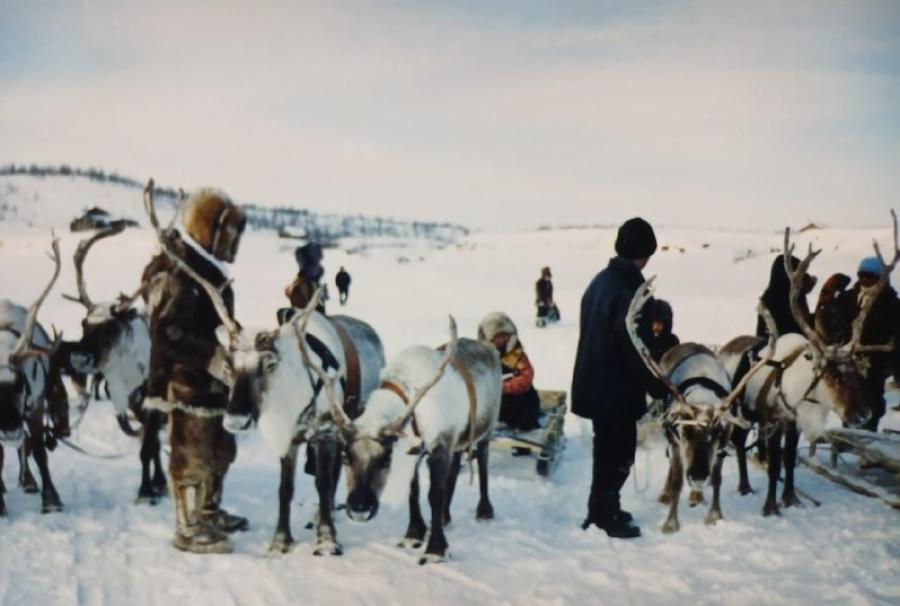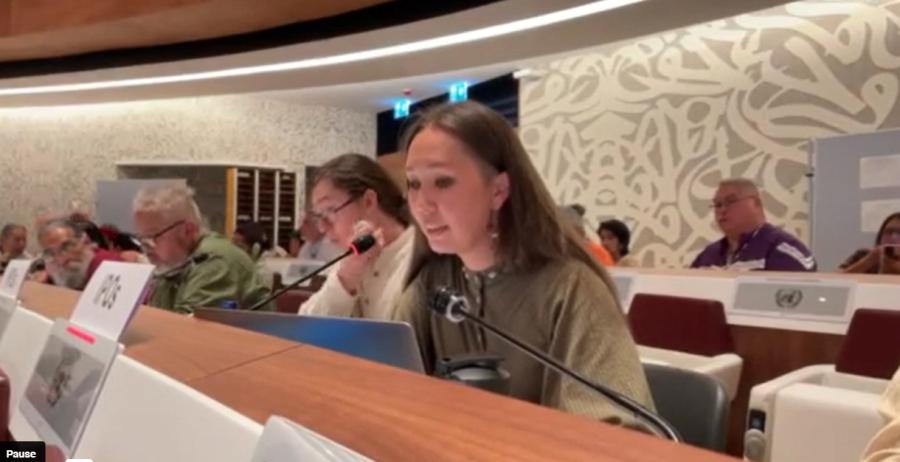San Francisco, CA - The European Bank for Reconstruction and Development (EBRD) is concealing a crucial report that it commissioned on the Sakhalin II oil and gas project’s damage to wild salmon runs.The so-called ‘Birmingham Group’report[1] critically examines the Royal Dutch/Shell Group’s failed strategy for crossing hundreds of Sakhalin Island’s wild salmon rivers, streams and tributaries with eight hundred kilometers of Sakhalin II oil and gas pipelines.
EBRD’s concealment of this scathing report comes at a critical moment as the bank may decide on Monday, November 28, whether to accept the project’s Environmental Impact Assessment and consider whether to put hundreds of millions of dollars of public money at risk by backing the project. Environmental groups have been advocating that the Sakhalin II project jeopardizes Sakhalin’s environment and economy, and should not be funded by EBRD or any other public finance institution.
‘EBRD’s concealment of the Birmingham Group’s report is an outrage. By concealing the Birmingham Group’s report EBRD makes a sham out of its public interest mandate,’said Doug Norlen, Policy Director, Pacific Environment.
Sakhalin II has been under fire since earlier this year when the British Newspaper The Observer published leaked pictures documenting pipelines slashing through wild salmon streams and tributaries.[2] EBRD then investigated and verified serious violations of its environmental policies, which led to the freezing of up to billions of dollars in potential financing from public finance institutions. In a meeting on May 19, 2005 with company officials in Moscow, environmental groups proposed to Shell that it conduct a full investigation into the causes and solutions to the river crossing debacle. In the meeting Shell’s Country Chairman for Russia John Barry indicated that it agreed.
Subsequently, EBRD and its consultants, AEA Technologies approached the experts at the U.S.-based Wild Salmon Center with a request to conduct such an investigation. The Wild Salmon Center tentatively agreed and developed guidelines for an independent assessment that would include a publicly disclosed report. However, Royal Dutch Shell reneged on its pledge to NGOs, and Wild Salmon Center disengaged as a potential consultant.
Subsequently, EBRD and other lenders secretly commissioned AEA Technologies to convene the ‘Birmingham Group’to conduct a review of the Sakhalin II pipeline river crossing strategy. TheBirmingham Group’s report was presented on November 15 to EBRD and other potential lenders. Requests by Pacific Environment to EBRD for the disclosure of the report have gone unanswered, and it has been learned from another lender that EBRD will not publicly disclose the report. EBRD’s concealment of the report comes despite its Public Information Policy provision that says:
The Bank continues to be guided by the underlying presumption that, whenever possible, information concerning the Bank’s operational activities will be made available to the public in the absence of a compelling reason for confidentiality.
The Sakhalin II project has been plagued with controversy for many reasons. These include the extinction threat to the critically endangered Western Pacific Gray Whale, the negative impact on Sakhalin Island’s fisheries, harm to indigenous peoples’ livelihood, and the damage the project has brought to the island’s infrastructure and social fabric. In an earlier decision by the EBRD, the project EIA was deemed ‘unfit for purpose,’due to these concerns.
‘EBRD does not own the wild salmon; rather the public owns EBRD. We demand that the bank disclose this public interest document,’said Norlen.
[1] The so-called ‘Birmingham Group’report is so nicknamed because it authors include Birmingham University personnel including includes Geoff Petts, g.e.petts@bham.ac.uk. The
Birmingham Group report title is said to be ‘Consultants Review of River Crossing Report.â€
Sakhalin II, led by Royal Dutch Shell, and including Mitzubishi and Mitsui, is said by project sponsors to be the largest integrated oil and gas project in the world.
[2] Leaked pictures can be found at
http://pacificenvironment.org/article.php?id:452
Contact: Doug Norlen, Pacific Environment, +1 (202) 465-1650
European Bank for Reconstruction and Development, +44 20 7338 6000
Press Release: November 23, 2005
****************************************
Rory Cox - Communications Coordinator
Pacific Environment
311 California Street, Suite 650
San Francisco, CA 94104
Ph: 415/399-8850 x302
Fax: 415/399-8860
www.pacificenvironment.org
www.lngwatch.com
Protecting the Living Environment of the Pacific Rim.



